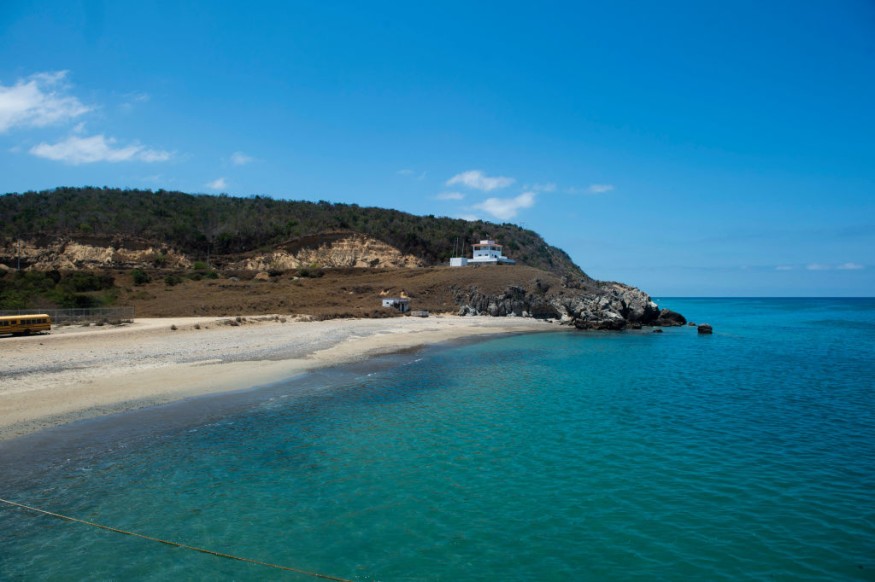Oceans were supposed to be safe haven for a multitude of aquatic life. However, various reports indicate that climate change and industrial pollution have led to the emergence of 700 dead zones worldwide. These areas can no longer support marine ecosystems, affecting marine life and people relying on oceans to make a living.
The environmental issue has already reached the attention of world government and international organizations. As a result, a summit headed by the United Nations (UN) has been scheduled from Monday to Friday, June 27 to July 1, in Lisbon, Portugal, where both scientists and policymakers will gather. The meeting aims to discuss potential measures towards ocean sustainability.
The delayed UN-led summit will take place since the previous conference in late 2020 when 14 world leaders led by Norway and Palau pledged to accelerate solutions on ocean protection in their respective national jurisdictions.
The convention consists of a group called Ocean Panel, formerly known as the High-Level Panel, where an appointed research team has been designated to issue advice. The panel now consists of 16 world leaders after France and the United States joined.
There are various global initiatives on environmental protection, including the UN-led Paris Agreement, which aim to reduce the global temperatures into 1.5 degrees Celsius. The Paris Treaty also addresses the issue of industrial pollution, similar to the Ocean Panel, which is under the UN's 14th Sustainable Development Goal (SDG).
Ocean Panel

Amid the threat on the world's oceans, 16 world leaders of the Ocean Panel have promised of ensuring that ocean protection and ocean sustainability will be enforced by 2025, five years ahead of the SDG deadline of 2030, according to Nature.com.
An Ocean Panel official named Kristian Teleki told Nature that the panel plans to report on how member countries will convert ambition to action. The disclosure is expected to take place in the upcoming UN General Assembly meeting in New York City in September 2022.
To follow the SDG protocols, the Ocean Panel has issued a toolkit which would serve as a guide on how countries will carry out their own sustainable ocean plans. The toolkit urges the member states to adopt existing measures, including tracking energy research, reporting ocean plastic density, and among others.
Also Read : How Ocean Pollution Damages Human Health
Ocean Pollution
The National Oceanic and Atmospheric Administration (NOAA) states that ocean pollution and marine debris consist of billions of pounds of trash and related pollutants, which enter the ocean each year. Some marine animals consume these unwanted debris and mistake it for food.
The NOAA also highlight the concern towards industrial pollution, which could range from the accumulation of "dispersed sources" or oil spills. These chemical hazards can lead to health complications among aquatic life and even death.
According to the International Union for Conservation of Nature (IUCN), marine plastic pollution alone is responsible for causing injuries and death, as some marine species ingest or get entangled by plastic debris.
Plastic pollution affects not only the marine environment but also threatens the ocean health, human health, and coastal tourism.
Related Article: Scientists Offers a Solution in Combatting Ocean Pollution
© 2026 NatureWorldNews.com All rights reserved. Do not reproduce without permission.





